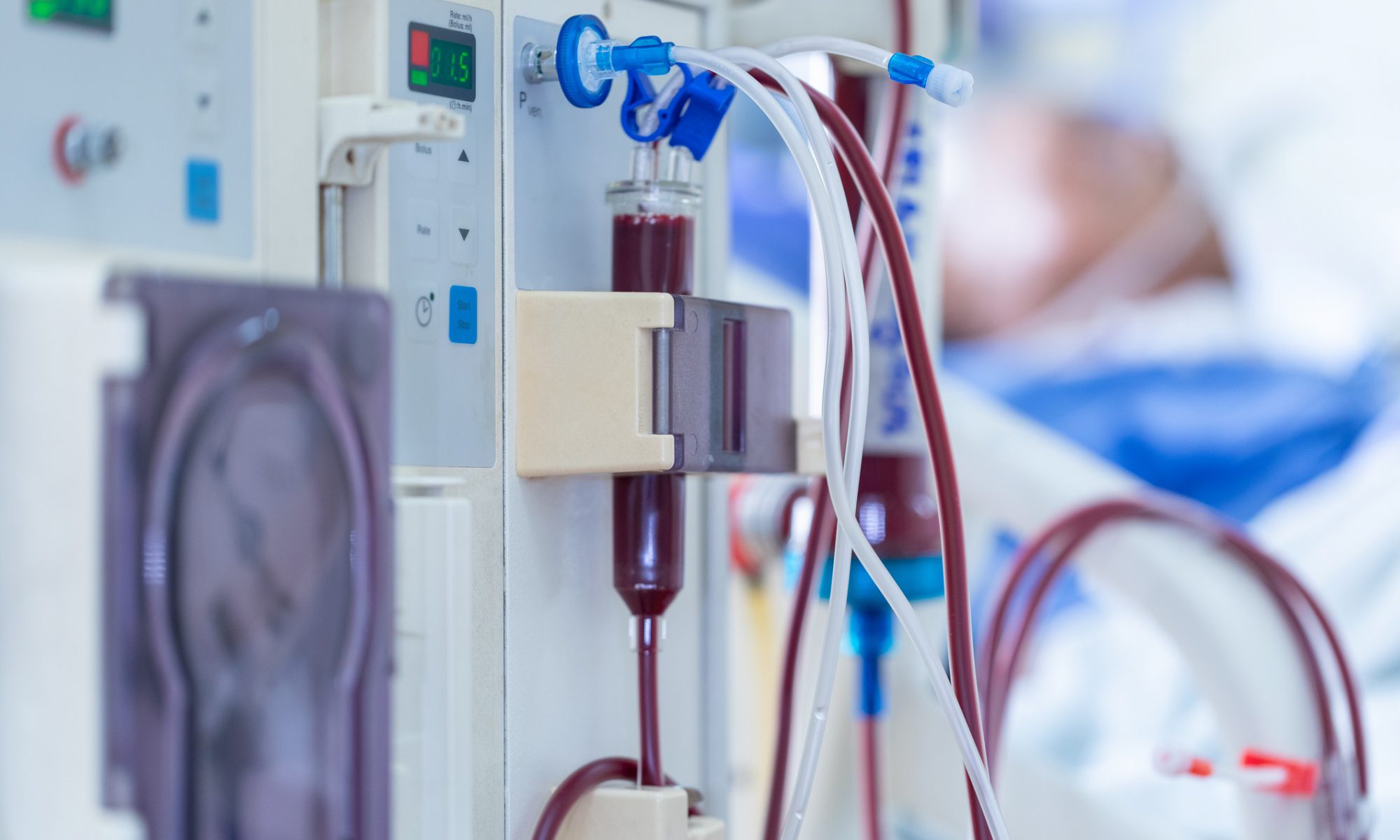It is new technology called “liver in a box,” and it’s improving outcomes for patients who receive lifesaving transplants.
April is National Donate Life Month, which helps raise awareness about the importance of organ donation. According to Lifesource, more than 11,000 people in the U.S. are waiting for a lifesaving liver donation. Read more in Medical Xpress.








